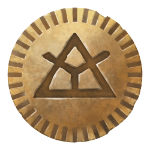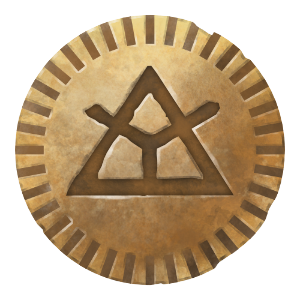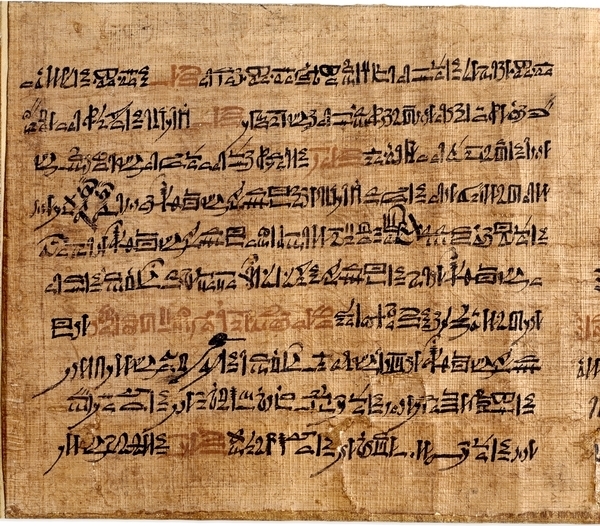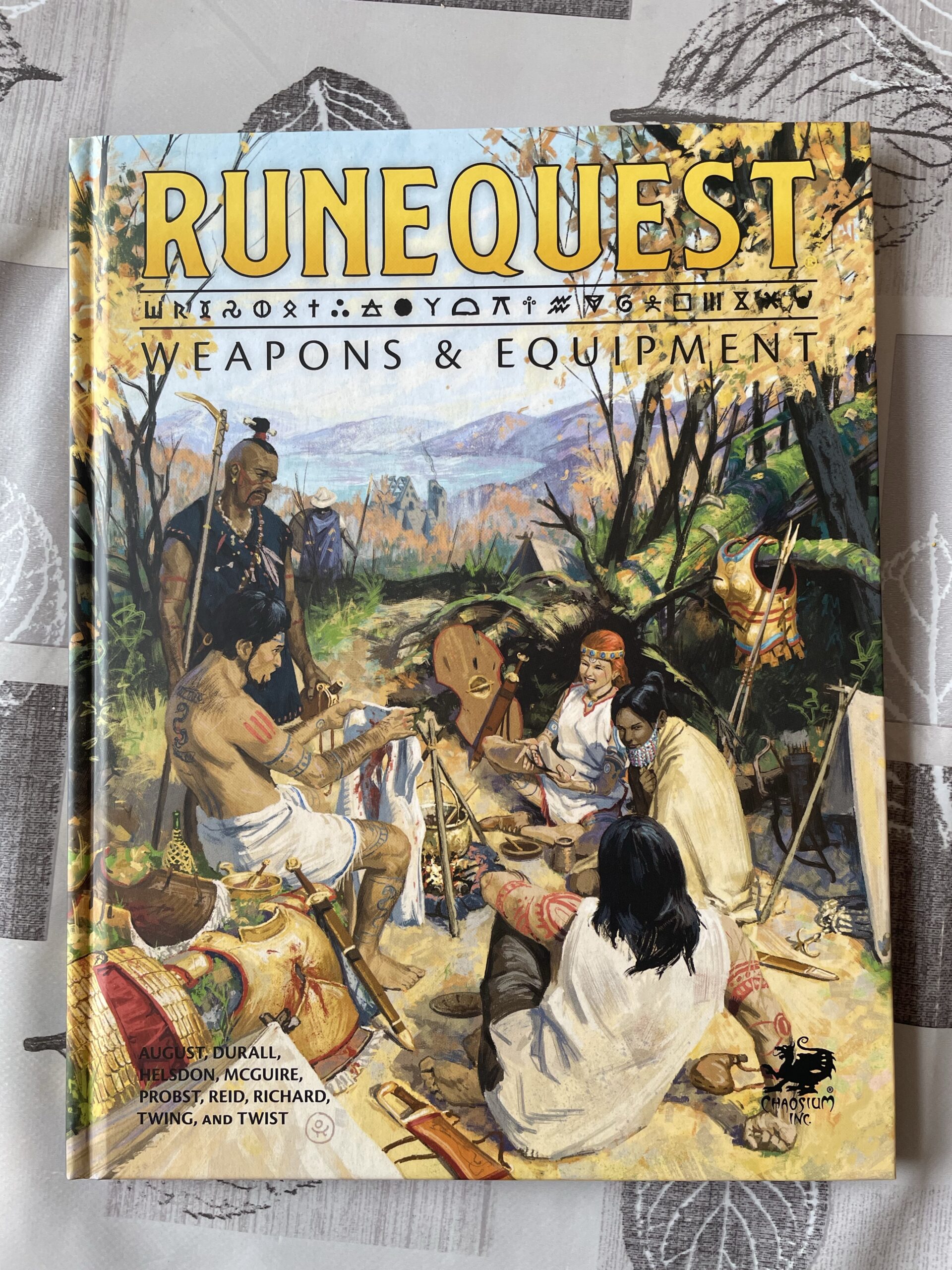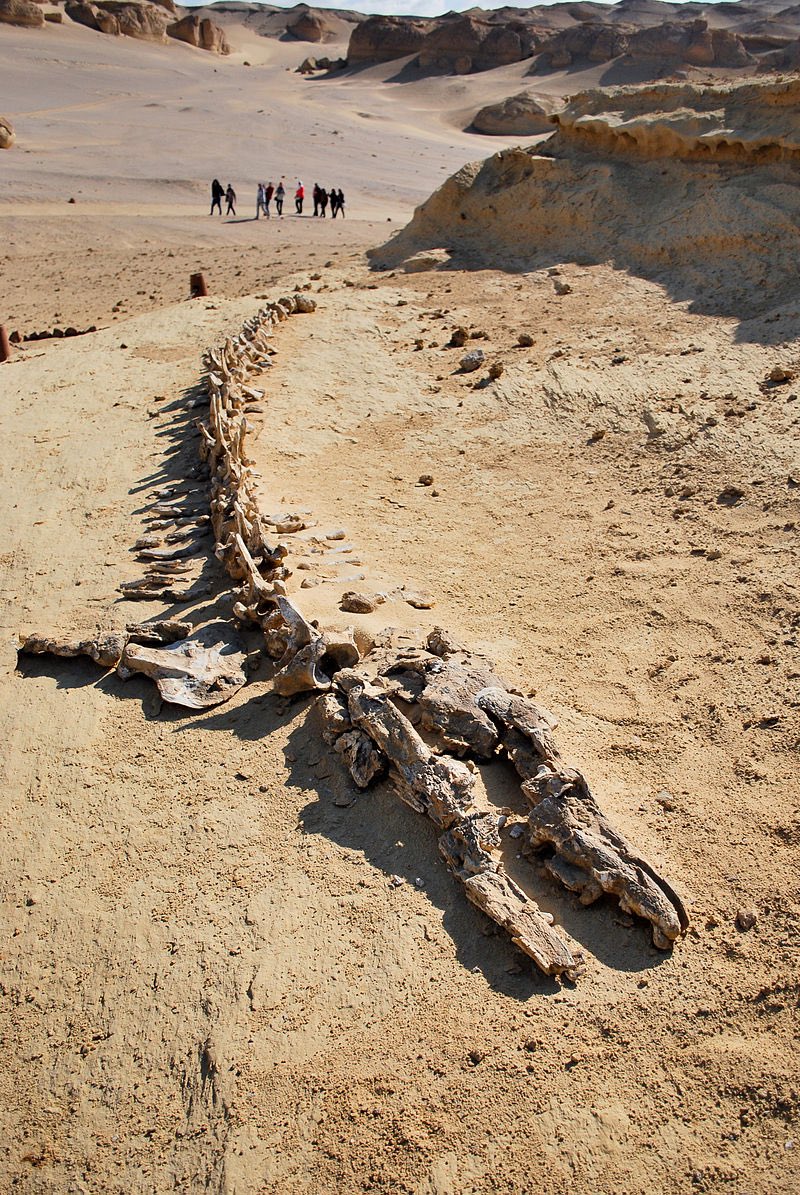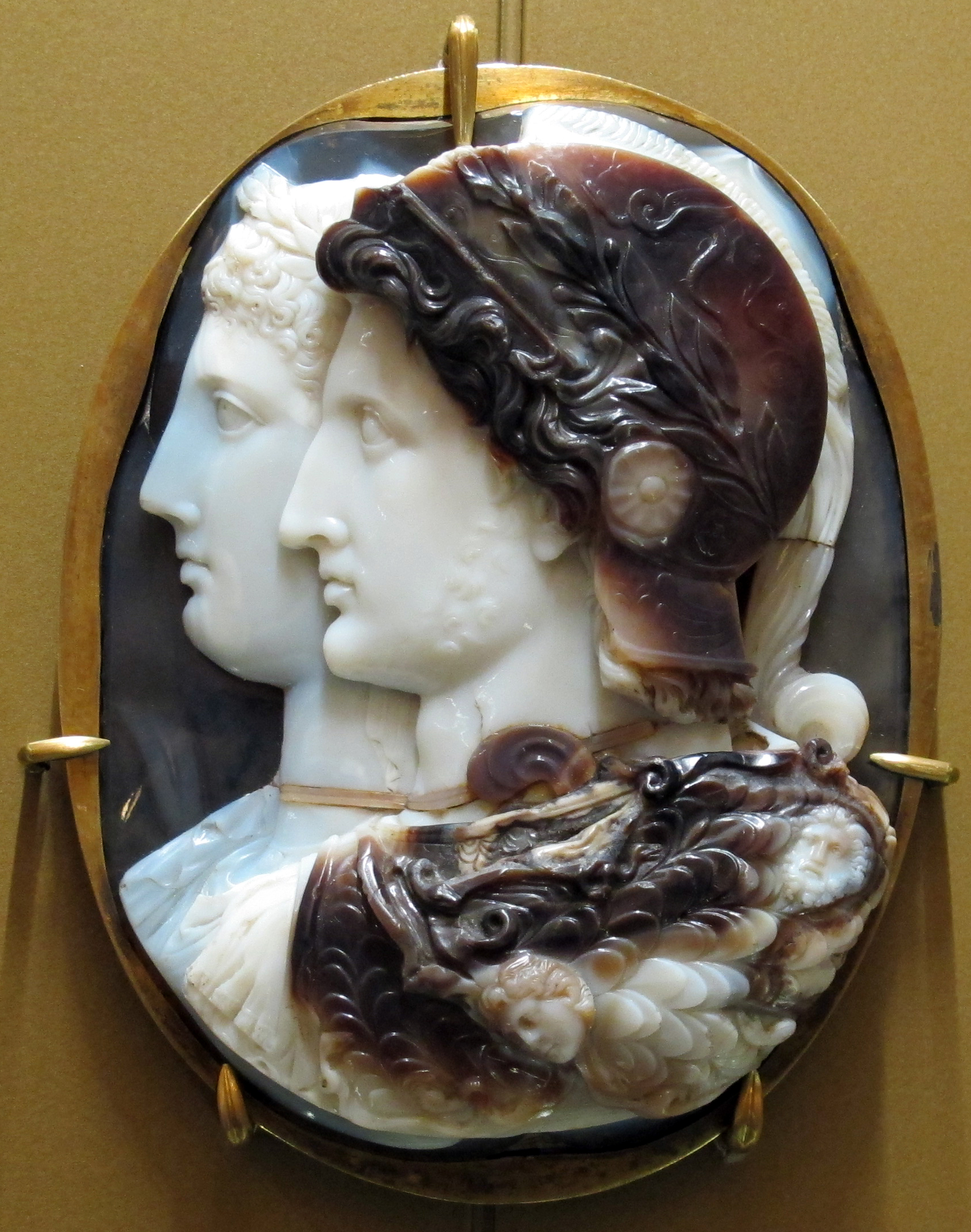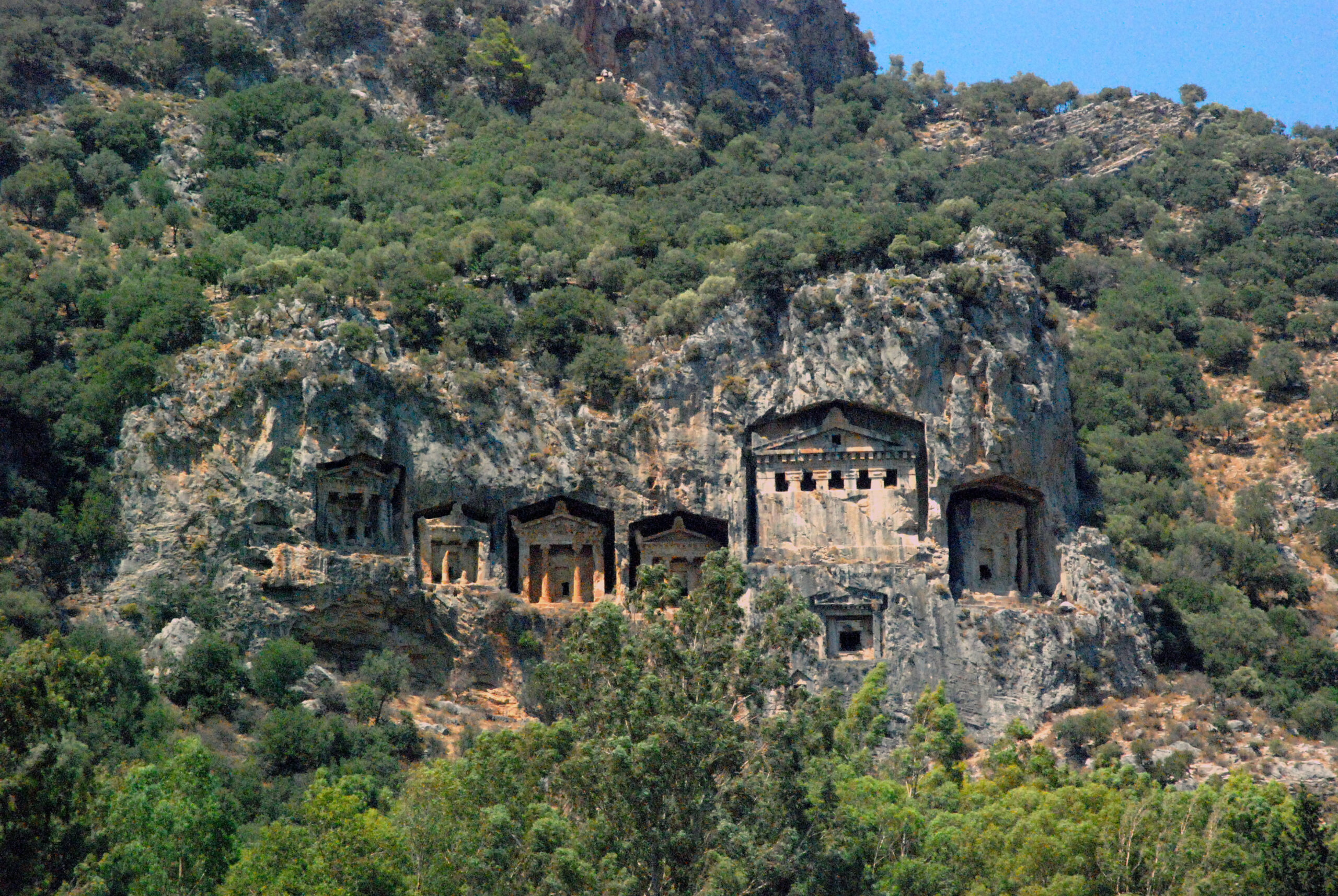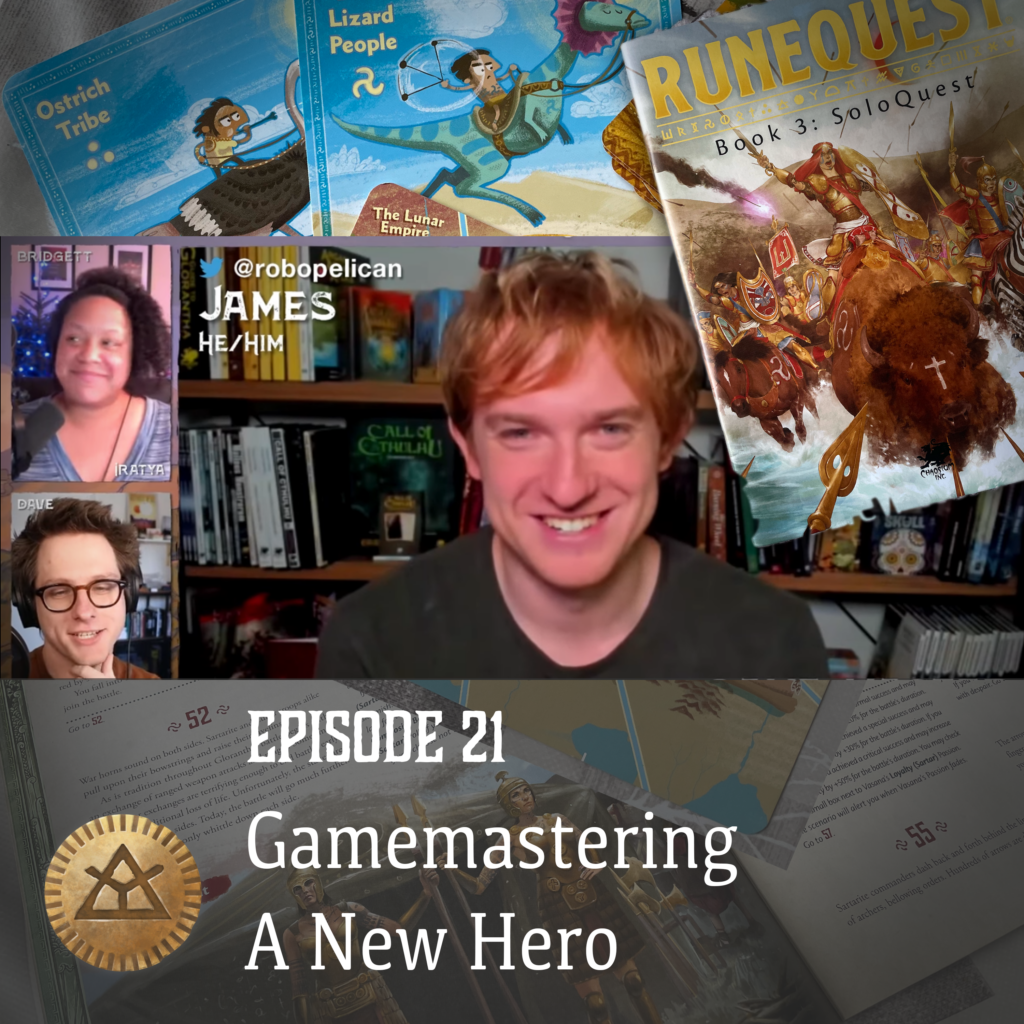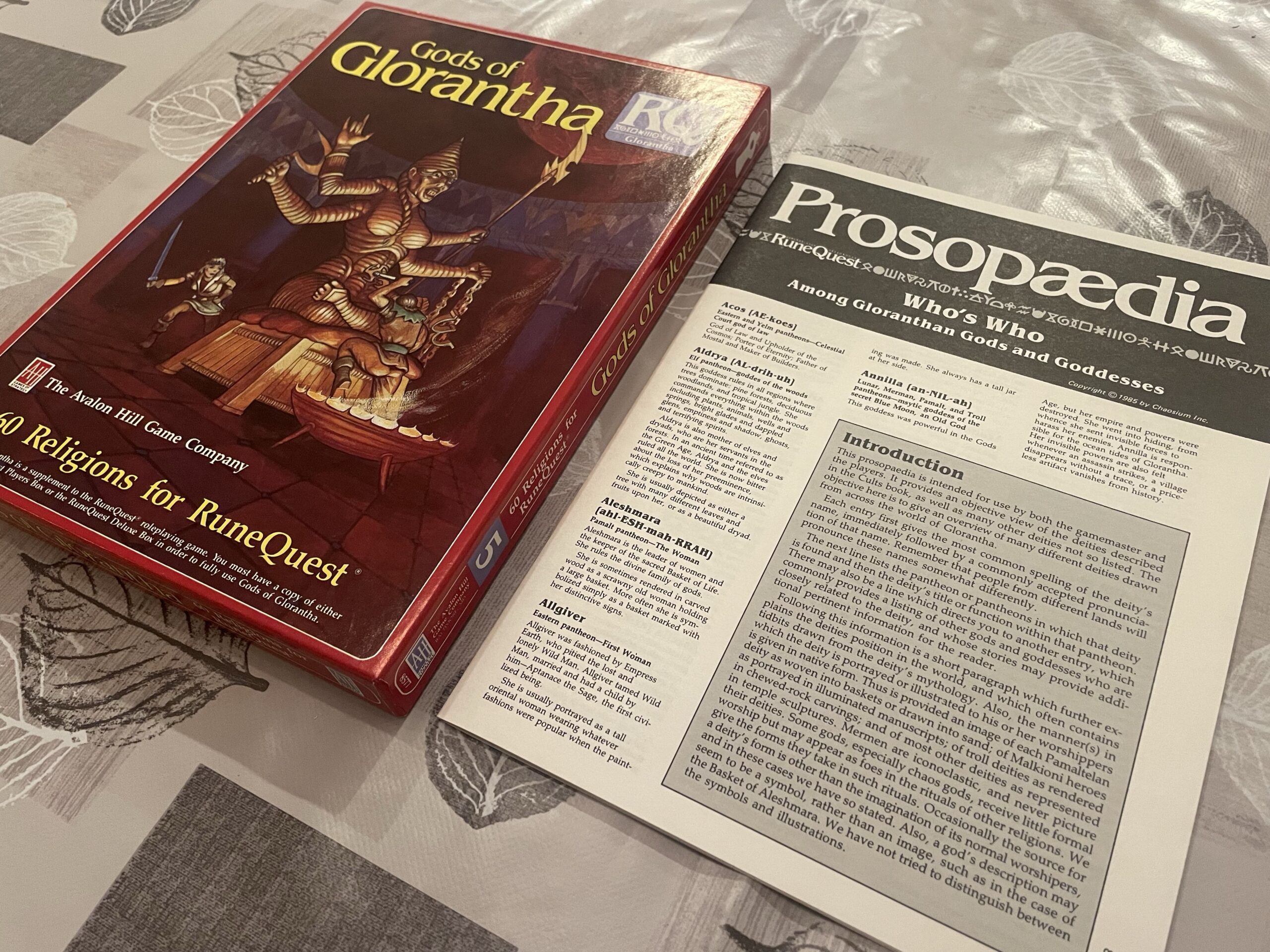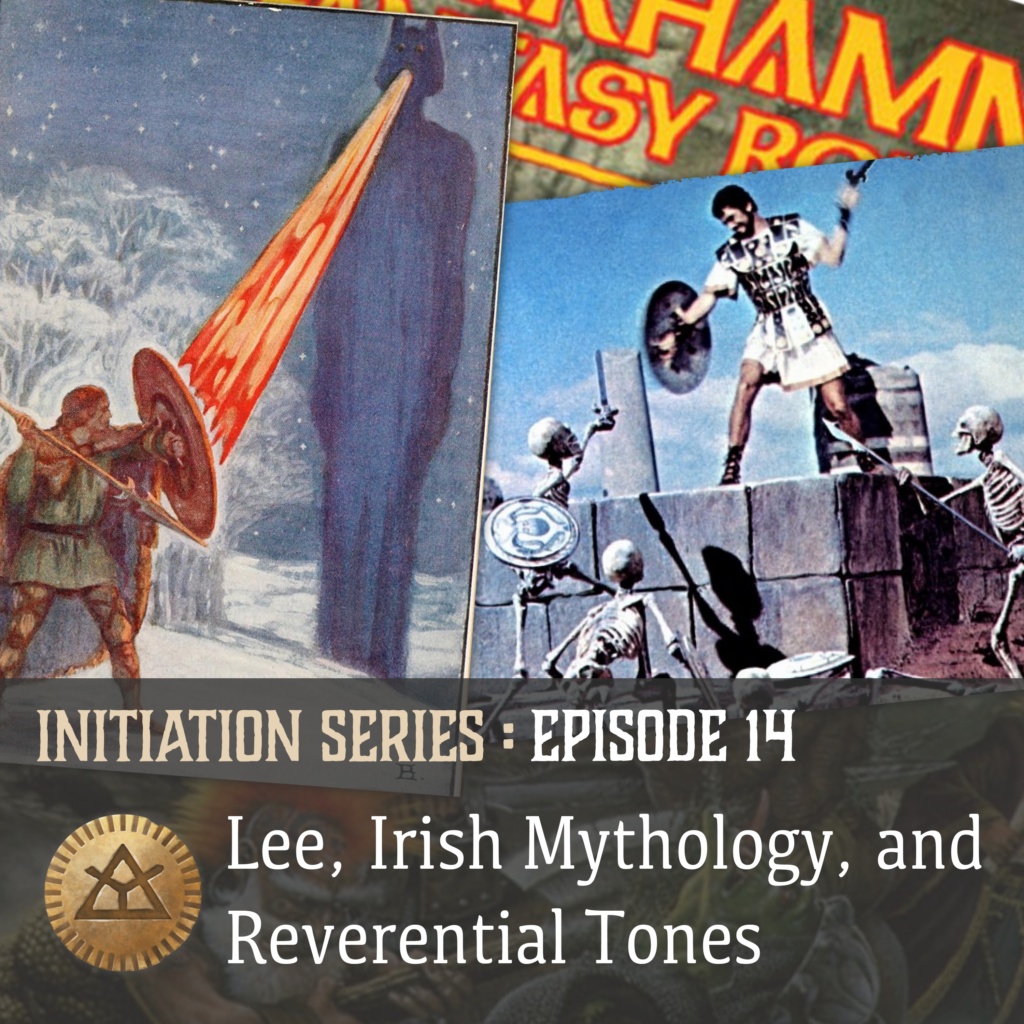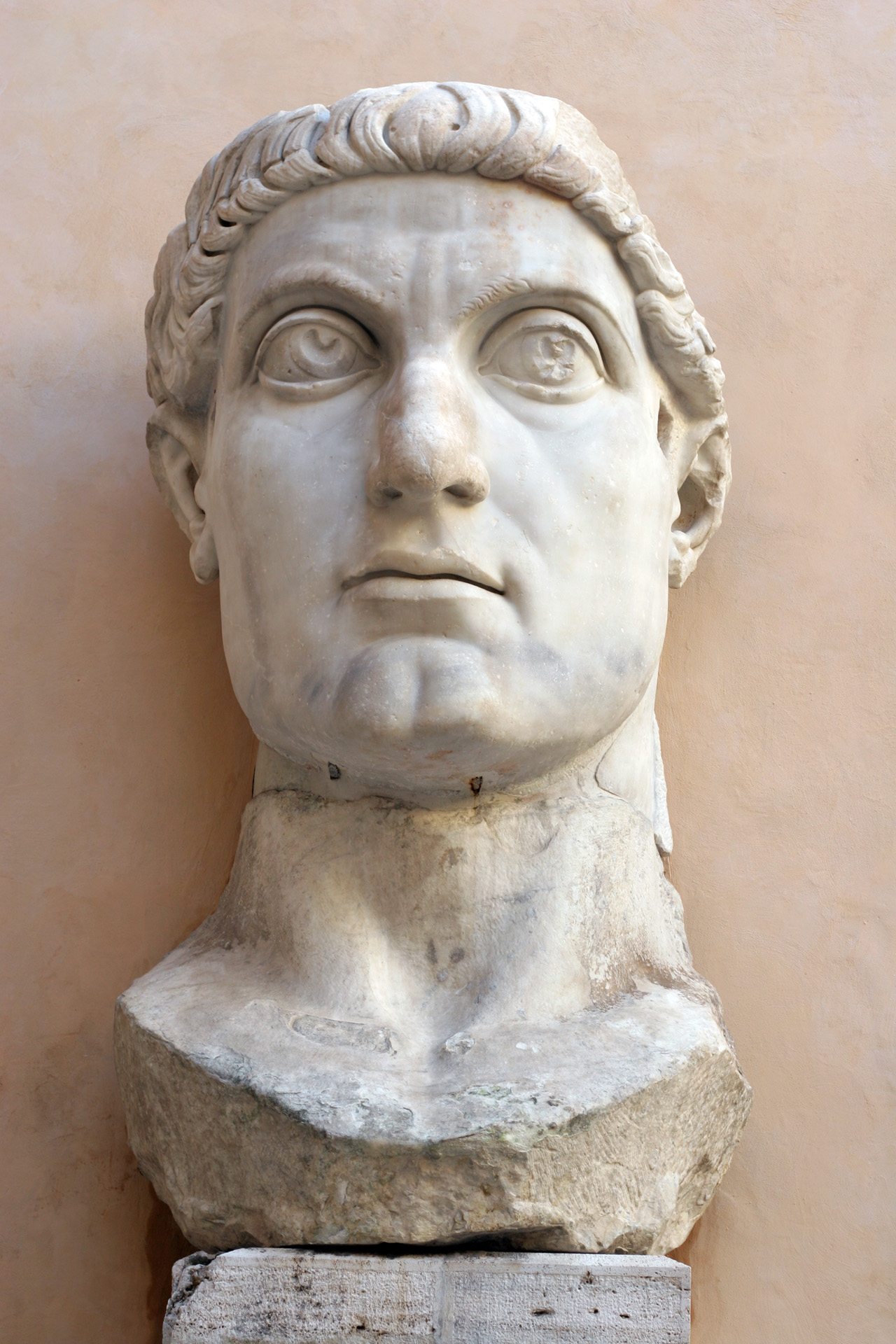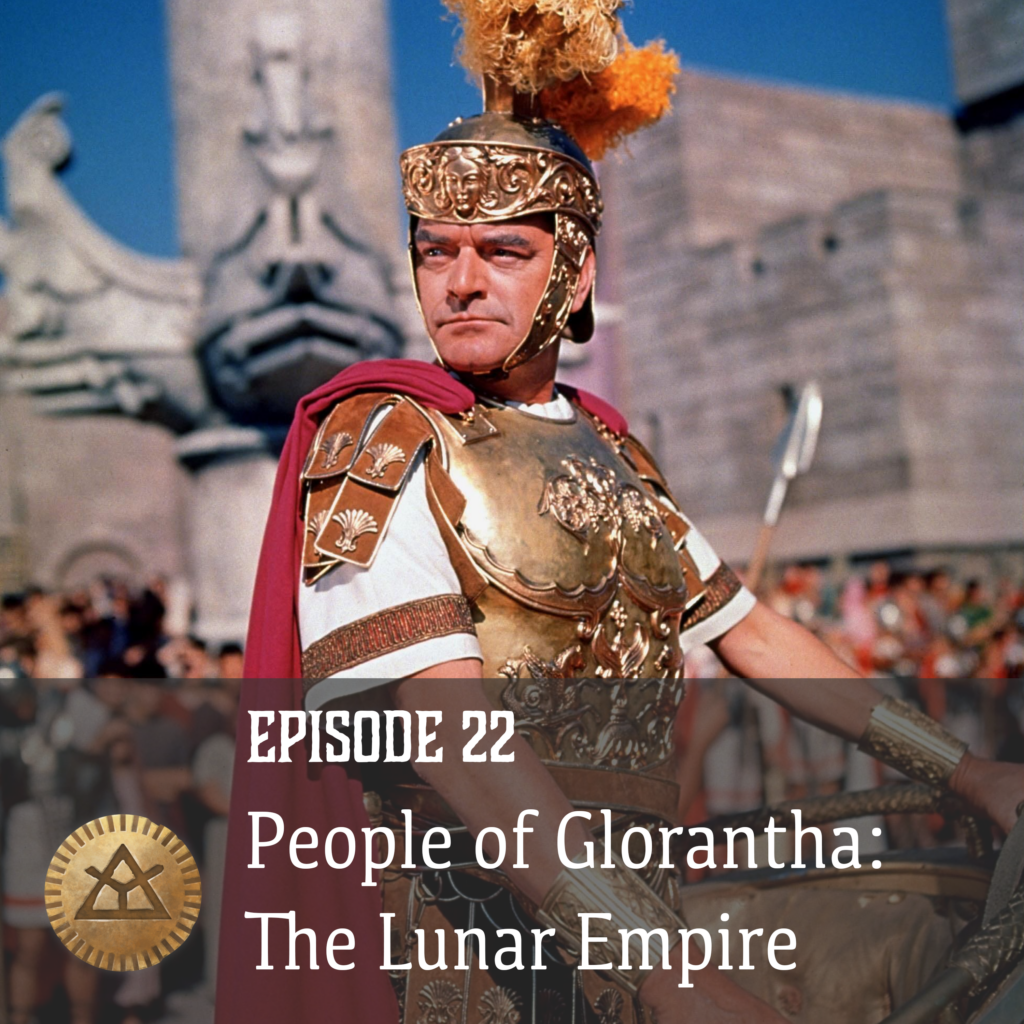
We resume our series on the People of Glorantha with, according to our guest, the very best people that there is on Glorantha. Our guest is indeed Nick Brooke!
Among his many hats, Nick is:
- A community content ambassador for Chaosium, where he promotes fan creations and helps fans put out Print-on-Demand books
- An author and collaborator on many Jonstown Compendium books (Sandheart, Life of Moonson, A Rough Guide to Glamour, Duel at Dangerford, Black Spear, Crimson King, and more)
- His Gloranthan Manifesto is available on the Jonstown Compendium too, although you can get the “naked” version from the BRP Central forums (volumes one and two)
- His old website still has plenty of Gloranthan content
We talk about Nick’s history with the Lunar Empire, which starts with David Hall’s Reaching Moon Megacorp and the fanzine Tales of the Reaching Moon, which had a very pro-Lunar editorial leaning. This was perhaps in response to the Storm Bull leanings of the Pavic Tales fanzine.
Nick talks about the way British people are great for playing evil imperial people. He points to the 2022 RRR movie, although Ludo points out that the practice goes way back, with for instance Ben Hur specifically hiring British actors to play evil Romans.
While players are concerned with Dragon Pass adventurers, the GM often wants to understand the Lunar Empire better, at least to portray the evil NPCs. But Nick reminds us that it’s all just a game in a make believe world, and there’s no need to get upset online. Given the number of threads on the topic that routinely get locked down on BRP Central and elsewhere, I’m sure more people need to hear this.
What the PCs know about the Lunars
We go through the core RuneQuest homelands and Nick explains what is their knowledge and opinion of the Lunars is.
For Sartarites and Praxians:
- They killed your grand-parent, made you pay taxes, and got eaten by a Dragon (good riddance)
- For older RuneQuest players, they were the Roman-like occupiers of Sartar
- Using Romans is a good model for the Lunars… see the many Roman-featuring movies and TV series in existence, including the classic Spartacus movie and more recent TV series
For Esrolians:
- There was a recent civil war between the Red Earth and Old Earth alliances (pro vs anti Lunars)
- Nick talks about the God King Belintar of the Holy Country as the “Pharaoh”, a term used in older RuneQuest material, but that Chaosium doesn’t want to use anymore for obvious reasons (such as the fact that there aren’t any pyramids in the Holy Country). Joerg tells me that at least Nick didn’t say “Pharoah”, as it was mispelled as such in the RuneQuest Companion.
- Nick also quickly mentions some “Old Earth” rituals, featuring the sacrificing of a “year king”, that were “cut” from the Glorantha Sourcebook
- There are parallels between Belintar, who dies and comes back, and the Red Emperor, who does the same
- Nick likes to use Cleopatra and Anthony or Caesar as a reference for Lunars flirting with Esrolian queens. And yes this includes their depiction in Asterix comics
For the Grazelanders:
- They generally love the Lunars because they often employ them as mercenaries and they pay well, although there is a minority of Grazelanders who doesn’t like the Lunars
- The Grazelanders don’t convert to the Lunar Way, they have their fundamental ways
- The current Feathered Horse Queen is a daughter of a Lunar King of Tarsh
For the Old Tarshites:
- They hate the Lunars, but they’re just embittered losers of the old Orlanthi Tarsh Kingdom
- Palashee Longaxe was a rebel leader who, for a time, manage to retake the kingdom from the Lunars, but he was put down eventually
For the Lunar Tarshites:
- They live under the Glowline, and their kingdom is centered on Furthest
- Furthest is a very Lunar city, planned and well designed, a beacon of civilization in the middle of Tarsh
- The benevolent temple of the Reaching the Moon extends the Glowline here
A Short History of the Lunar Empire
Nick takes us on a historical tour of the Lunar Empire:
- The birth of the Red Goddess in Torang (although we’re supposed to say “Blessed Torang”)
- The Seven Mothers and their ability to bypass the Great Compromise
- The Moon Goddess “should” have been in the Compromise… was there a patriarchal conspiracy at play from Yelm and Orlanth?
- At Castle Blue she proved her place in the God Time and ascended in the sky
- The Red Goddess can be seen from most of Glorantha, fixed in the sky as the Red Moon
- Glamour is founded next to the crater left behind when she took a chunk of the earth and ascended in the sky
- The Lunar Empire is governed by the ever reincarnating Red Emperor. Nick talks about whether they’re the same person or not after each reincarnation. Ludo makes a 1984 reference.
- Nick touches upon the evil Carmanian empire, and the Dara Happan patriarchs that were there before. The Lunar Empire has liberated everyone with a much more feminist, open, and egalitarian society.
- At some point, the Lunar Empire almost gets destroyed by Pentan Solar-worshipping noamds. They were led by the “madman” Sheng Seleris, a sort of a magical Genghis Khan. He’s now tortured in a Lunar Hell.
- Nick explains the “wanes” used (or not) for Lunar history.
- After the Pentan invasions, the great Hon Eel reconstructs the empire and invades several southern barbarian kingdoms. Later, the Empire invades even more areas like Sartar, Prax, and for a short time the Holy Country.
- During the RuneQuest character creation (the Family History section), you see all of this progress being undone, as the Lunar Empire gets kicked out of Dragon Pass.
- Nick explains what the Glowline is, and what the Lunars might have planned for Sartar if the Dragonrise didn’t happen.
The Lunar Empire’s current concerns are:
- Financing the Red Emperor’s parties. Nick uses Nero and other Roman emperors as inspiration for this.
- Jar-eel is busy “talking” to the White Moon movement, a bunch of pacifist anti-imperialist hippies.
- The Pentans are back, and almost got into the holy city of Torang. Jar-eel thankfully stopped them, riding the mighty Crimson Bat.
- The Dragonrise in Sartar is only a small annoyance to the Lunars at this point.
The Lunar Empire is organized between the Heartlands and the Provinces:
- Nick goes over the pendantic history of using “satrapy” vs “sultanate” to designate the different administrative regions of the Lunar Hearlands. Once again he diverges from Chaosium terminology.
- Incestuous noble families lead the Satrapies… errr, I mean Sultanates.
- Provinces are former barbarian kingdoms that were conquered and converted to the Lunar Way.
- The Lunars need to deal with the “natural state of rebellion” of the Orlanth cult
- Nick makes fun of the Orlanthi beliefs and hypocrisy
- We look at the difference between an Orlanthi from Sartar and an Orlanthi from Lunar Tarsh
- Nick wants it to be known that the Empire lets anybody worship anyone.
- Ludo is misled by rebel propaganda about how the Dara Happan became part of the Lunar Empire, so Nick explains all about it.
The Seven Mothers
We take a closer look at the Seven Mothers cult, which isn’t very well explained in the RuneQuest rulebook, and might be hard to grasp:
- Nick recommends getting Cults of Prax for the longer (albeit slightly outdated in some places) write-up for RuneQuest 2nd edition
- Nick explains who each mother is:
- Teelo Norri is the outreach cult, with free food and orphanages and such
- Irripi Ontor is a sage and astronomer, like Lhankor Mhy but with better libraries and no silly beards
- Yanafal Tarnils is like a government-backed version of Humakt
- Queen Deezola is for nobles, poets, and civilized people in general
- Jakaleel the Witch deals with mad people (including making non-mad people mad)
- Danfive Xaron is a cult for thieves who get captured and are “rehabilitated”
- She Who Waits… let’s not talk about her
- While explaining all this, we do a small aside about how Lunar taxes fix all the problems the Empire causes… no worries!
- Nick talks about the similarities between the Seven Mothers and the Lightbringers, and the parallels with the Roman vs Greek gods
- Nick explains how the Seven Mothers pacify and convert the people that the Empire conquers. The Seven Mothers are “closer to the people” than the old gods, and have many other advantages to the everyday person.
Dart Competitions
Joerg brings up the Dart Competitions, the Lunar Empire’s sanctioned way of doing spy operations and assassinations between nobles
Unlike the bickering of Orlanthi clans and tribes, these can’t interfere with the general population and the collection of taxes.
There is no “civil war” in Tarsh. Just people losing the ongoing Dart Competition.
Playing Seven Mothers Initiates
We go through a few possible backstories for a Seven Mothers initiate joining a party of Dragon Pass adventurers:
- A Lunar Tarshite whose patron is on the losing side of a Dart Competition in Tarsh or some other province, and needs to lay low for a few years, out of reach from his/her enemies
- Playing someone doing some “groundwork” in Sartar for a noble family’s Dart Competition (although this might require some work to manage that character’s agenda vs the other characters)
- Families initiated into the Seven Mothers cult during the Lunar occupation of Sartar, and you could play an adventurer that comes from these families
- Pelorian traders settled in Sartar or Prax generations ago for business reasons, since commerce between the Lunar Empire, the Holy Country, and Prax has been quite lucrative for everybody. You could therefore play someone who comes from one of those merchant families.
- Playing a Lunar merchant who worships Etyries, the Lunar goddess of trade. Nick even shares his own head-canon for Etyries merchants, as compared to Issaries merchants.
- Playing an Irripi Ontor scholar doing research in Dragon Pass.
The C Word
Nick brings up the topic of Chaos and then tries to run away from the podcast:
- Ludo compares the Lunar’s use of Chaos with the US’s militaro-industrial complex and nuclear weapons
- The Lunar Empire uses Chaos “for the benefit of people”, we are told
- We discuss more Chaos-related matters, including what to do with Chaotic races
Other Lunar Cults and Lunar campaigns
- Nick is looking forward to the “recognition and adoration” that the Lunar cults deserve with the upcoming “Lunar Way” cults book
- Playing the glorious conquests of the Lunar Empire would be fun!
- At the moment, playing a Lunar campaign is tricky and requires a lot of work: you need the Guide and the Sourcebook, and some work to model the Lunar cults into RuneQuest mechanics… but use common sense, and re-use what’s already in the rulebook.
- You can use the Rough Guide to Glamour, Citizens of the Lunar Empire, Life of Moonson, Nick’s Glorantha Manifesto to build something.
- Harald Smith’s Edge of Empire (we had an episode on it) is a great example of building a campaign framework in the Lunar Provinces.
Illumination
Ludo asks about Illumination:
- Nick explains what Illumination is… shortly.
- Illuminated people can use Chaos, and know that the Compromise can be changed
- The Seven Mothers cult is looking for people that would be good for “Illumination training”
- Illuminated villains can be either mad sorcerers or “dangerously sane” people.
Finally, Nick does a mic-drop by reading the Guide to Glorantha, giving the final summation of what the Lunar Empire is.
Credits
The intro music is “The Warbird” by Try-Tachion. Other music includes “Cinder and Smoke” and “Skyspeak“, along with audio from the FreeSound library.
Podcast: Play in new window | Download (46.6MB)
Subscribe: Apple Podcasts | Spotify | RSS | More
